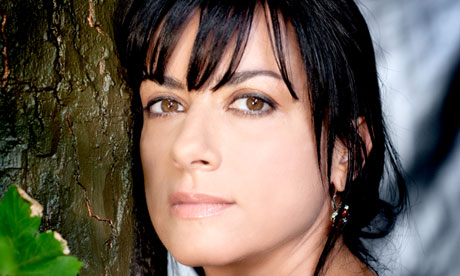
First performed in Venice in 1823, Rossini's Semiramide was once famously called the last and most beautiful of the great baroque operas. The description is in some respects inaccurate: later Italian composers looked back to it on occasion, and Verdi's Aida unquestionably owes something to its monumentality. Yet its potent mix of classical dramaturgy and vocal athleticism also mark Rossini out as heir to musical traditions rooted in the 18th century and far removed from the ideals of contemporary Romanticism. It's an extreme work, at once startling and unique.
Rossini's source is a play by Voltaire that overlays the legend of Semiramide, the promiscuous queen of Babylon, with echoes of the myths of Orestes and Oedipus, together with overtones of Macbeth. Long before the drama opens, Semiramide conspired with her former lover Assur to poison her husband, King Nino, and seize his throne. Now wracked by guilt and stalked by Nino's Banquo-like ghost, she finds herself sexually drawn to the young army officer Arsace (played by a mezzo), in terrible ignorance not only of the fact that he is her long-lost son, but that he has also been divinely appointed to avenge his father's death. Rossini takes his protagonists to their technical and expressive limits in order to explore the often monstrous emotions that result.
The latest addition to its small but distinguished discography was recorded live at last year's Rossini in Wildbad festival. There are some drawbacks. Though well conducted by Antonino Fogliani, it's occasionally short on orchestral lustre. More questionable is the Arsace of Marianna Pizzolato, technically accomplished but dramatically so indifferent and disengaged as to make her great confrontations seem simply one-sided.
On the other hand, however, there is the Bulgarian soprano Alex Penda's staggering Semiramide – thrillingly sung, and the most complex characterisation of the role on disc. Lorenzo Regazzo is formidable as Assur, while John Osborn, in his finest performance on disc to date, is immensely touching as Arsace's love-rival Idreno. Imperfect yet wonderful and highly recommended.

